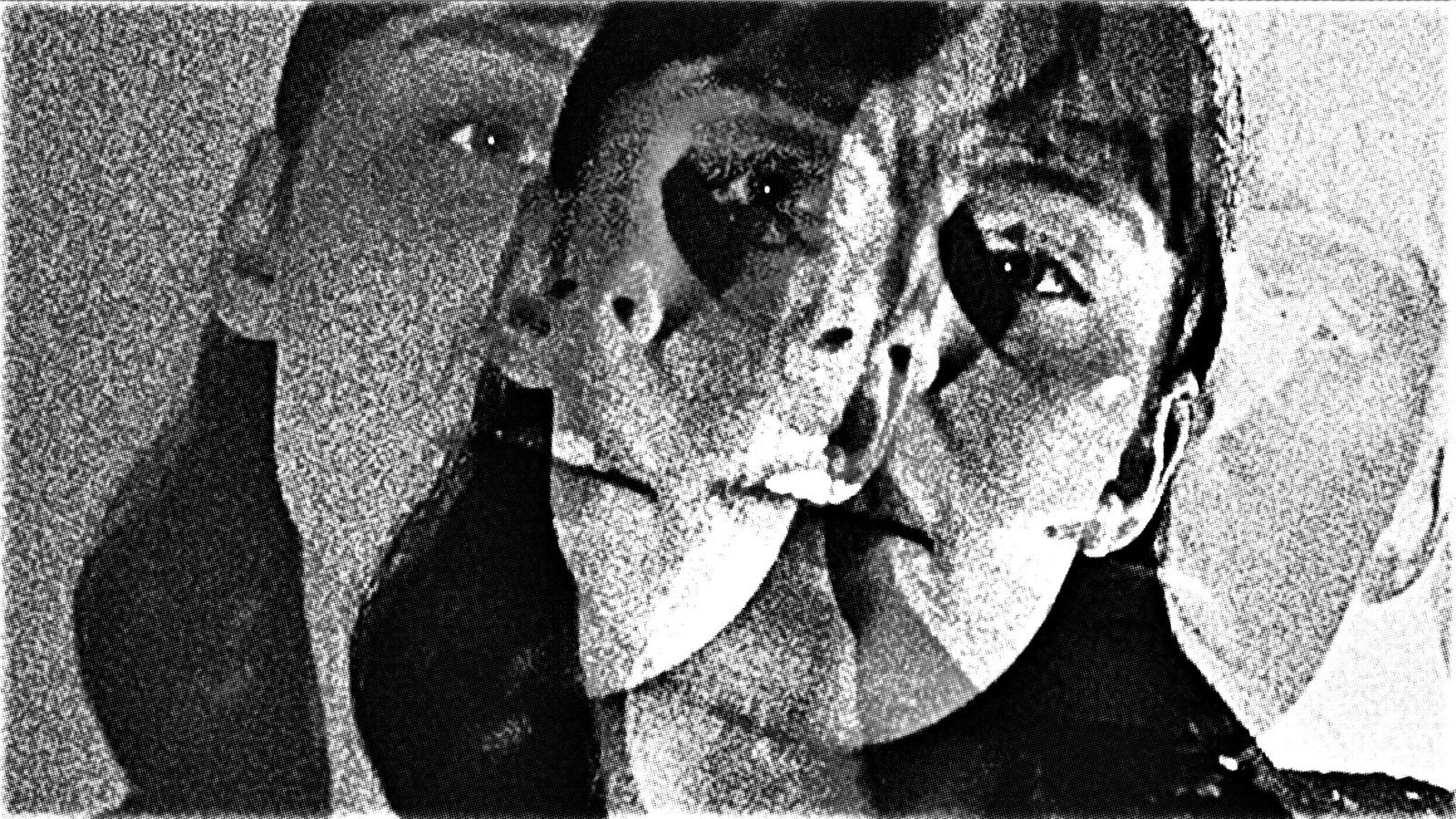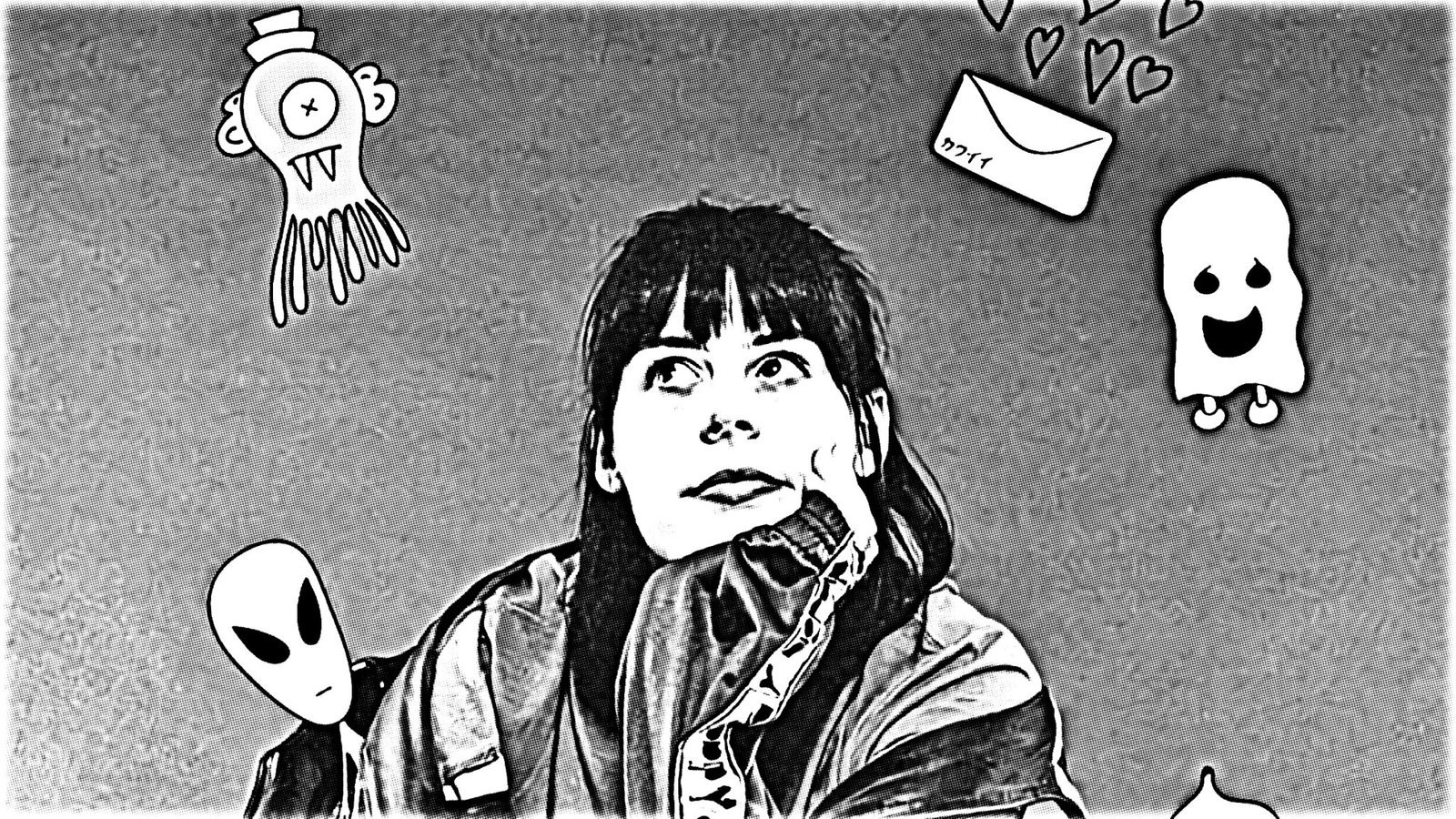
The late century’s run of prominent genre/culture movements (examples: hip-hop, techno, maybe even grunge) ended some time ago. But it was replaced by something more subtle and complex. The internet eliminates most cultural isolation, resulting in a wealth of music — both niche and mainstream — freely available to artists in their formative years. This abundance has affected how we listen. There’s no longer only one type of genre we’re into, and, in our art, disparate influences openly collide. That’s always been the case with music on the edges, and past pioneering artists often reached their notoriety through a novel ‘it sounds like X-meets-Y’ recipe. But what’s different is how this approach has finally infiltrated pop music.
In the past twenty years, exciting and wild sounds increasingly come out of pop music, and sometimes even near the top of the charts. It’s not rare to run across a song that we’d categorize as ‘pop’ featuring elements not out of place on a previously obscure Warp Records release. I believe it was Simon Reynolds who said that one should look toward a genre’s extremes to glimpse where music is headed. That holds, but the rate at which something considered unique and experimental leaves its fingerprints on pop music is getting quicker and quicker.
I thought about this when I heard the Intern remix of Rachel Kerry‘s single, “ur so cute.” The original is a lot of fun, a catchy electronic pop song with a vocal hook that wouldn’t be out of place on a ’50s bubblegum chart-topper. There are subtle synthesized flourishes and voice tweaks that add to its charm and reveal its hyperpop leanings. But then I was given the remix by Intern. This treatment is frenzied and over-the-top, setting the tone in its first seconds with radical vocal manipulations and rhythmic tomfoolery. The adorable vocal hook is still here, but it’s partly serving as an anchor for all sorts of sonic craziness. And then there’s the ragtime piano WUT. This remix is more like a genre detonation than a collision.
Intrigued, I reached out to Rachel Kerry at her London home base to ask about this remix, what it feels like to have her song sonically mangled, and her views on the rise of experimentalism in pop music.
——————
8sided: How did the remix come about? Were you specifically looking for this style of remix, or was the final result a total surprise?
Rachel Kerry: My favorite thing about this remix is that I wasn’t looking for it at all. I knew Murphy and Nick from music college and saw them post about their new project, Intern. The first single from their debut EP, “Helium Foil Giant Balloon,” was released around the same time as the original “ur so cute.” I remember listening to their track and thinking, “Hang on, I thought these guys studied classical saxophone; this is so cool!” It wasn’t long after that Murph sent a message saying they’d love to remix “ur so cute.” I immediately said yes.
Though our sounds are different, Intern and I take our influences from similar places. We all love hyperpop, glitchy bubblegum pop, and strange dance music. I’ve taken that influence and gone in one direction sonically, and they’ve gone the opposite with their project. This means that the sound of the remix pretty much meets back in the middle at our original influences.
8S: What was it like hearing the Intern remix of “ur so cute” for the first time?
RK: My first reaction was to laugh, honestly. And I promise that’s a compliment. In this more experimental, hyperpop world, such a big part of it is being tongue-in-cheek, using humor, and accentuating novelty sounds. Just listen to that ragtime piano break; you can’t not smile at that.
What’s great about Intern’s interpretation is how they used everything that was already in the song to warp, stretch, distort, etc. Honestly, I couldn’t even begin to pick apart or understand everything they did, but what I can hear is that pretty much all of those crazy sounds in their version have been made by manipulating something from the original.
8S: The remix is so different than your original. I wonder if you had any reservations when you heard it?
RK: The first time I heard their remix, no part of me had any reservations about the sound. The only thing that could be a little worrying is what my audience might think. This remix has definitely taken the song from 0 to 100 pretty quickly in terms of introducing more experimental sounds to my music. But the reception has been really positive. I think people are after something a little out there and exciting right now.
8S: Was your original song ripe for this kind of remix?
RK: I purposefully wrote the song to be as simple as possible. It only has two chords and just a couple of different instrument sounds. I wanted it to sound innocent, you know? It’s cute, and it’s about loving your friend, and I thought a minimalist approach would tell that story best — the simplicity of the original leaves so much scope for a remix to go wherever it wants.
8S: How does technology influence your own songwriting?
RK: Technology influences my songwriting process a lot. While I have sat with a piano or guitar to write in the past, lately, I haven’t had access to those, so I write straight into Logic Pro. I start every song by sitting in front of an empty screen and going from there. So, technology is the front and center of my creative process at the moment, though I won’t say it’s how I’ll always write in the future. And I don’t think I’ll start manipulating my lead vocal any time soon. I want to write songs that people can sing from beginning to end, so it’s important to me for my lead lines to be accessible in that way.
8S: If technology plays a significant role in songwriting, how does that change the idea of a ‘song?’ Songs become much more than notes on a page of sheet music then, right?
RK: I think songs are much more than notes on a page of sheet music anyway! Sure, you can play other people’s songs by reading the chords and the lyrics, but songs have always felt more than that to me. It’s the record that makes the song what it is: the voice, the arrangement, the production.
There is this purist way to look at songwriting, where you consider something a good song if it can be stripped back to just a voice and a piano or guitar and still sound amazing. I think there is some truth in this way of defining what a good song is. But then you couldn’t play “Ponyboy” by SOPHIE on a piano, could you? And that’s an amazing song.
The computer is an instrument, and it’s much more versatile than the piano and the guitar. SOPHIE even said (I’m paraphrasing), why would you limit yourself to playing an instrument when you could make anything on a computer? Though I wouldn’t go so far as never to try and write a song that can be considered outstanding in the classical sense, stripped to its bones, and still sounding like a hit. But, really, the songs that don’t do this are and always have been as much a song as those that do. A good song is a feeling, and you definitely can’t write that on sheet music.

8S: I’m fascinated by the experimental production techniques sneaking into pop through hyperpop and PC music. Do you like the idea of experimental music and pop music coming together? Does it create something new, and do you think a more experimental pop sound has a place on the charts?
RK: I love pop music. Hearing a great pop song is so powerful. And adding experimental elements definitely elevates the music. I think the combination makes experimental sounds more accessible and adds an interesting nuance to the pop genre. There’s an excitement in the melding of these two styles that makes me want to explore it further. Whether that has a place in the charts or not, I don’t know.
There’s an over-the-topness about PC Music and hyperpop, which might make it ‘a bit much’ for a commercial audience. I also think there’s already proof of its lack of place in the charts. If you look at Charli XCX, she was a charts artist at the start of her career, but when she began collaborating with more underground producers and started experimenting, she pretty much disappeared from the mainstream. But I think it would be cool if this type of music were getting played in the charts. I’d love to turn on the radio and hear 100 gecs. It would also mean I’d know where to find an audience for the music I make, which is one of the hardest things to do as a new artist. They’d just be right there — I’d be making mainstream music!
8S: A lot of hyperpop — and “ur so cute” — has a sense of humor to it. Does that help make the music accessible?
RK: When I first heard hyperpop and PC Music, I remember thinking it sounded like ’90s Euro-pop times 1000. We all used to listen to “Barbie Girl,” right? But it feels like it’s not cool anymore. I think “Barbie Girl” still sounds really cool. A lot of the glitterbomb, bubblegum, and hyperpop sound uses these older songs as influences in a tongue-in-cheek way, and that’s brilliant. But I wonder whether the world has the sense of humor to push that into the mainstream.
——————
Rachel Kerry‘s “ur so cute,” its remix, and her other groovy releases are available on Bandcamp.
Leave a Reply